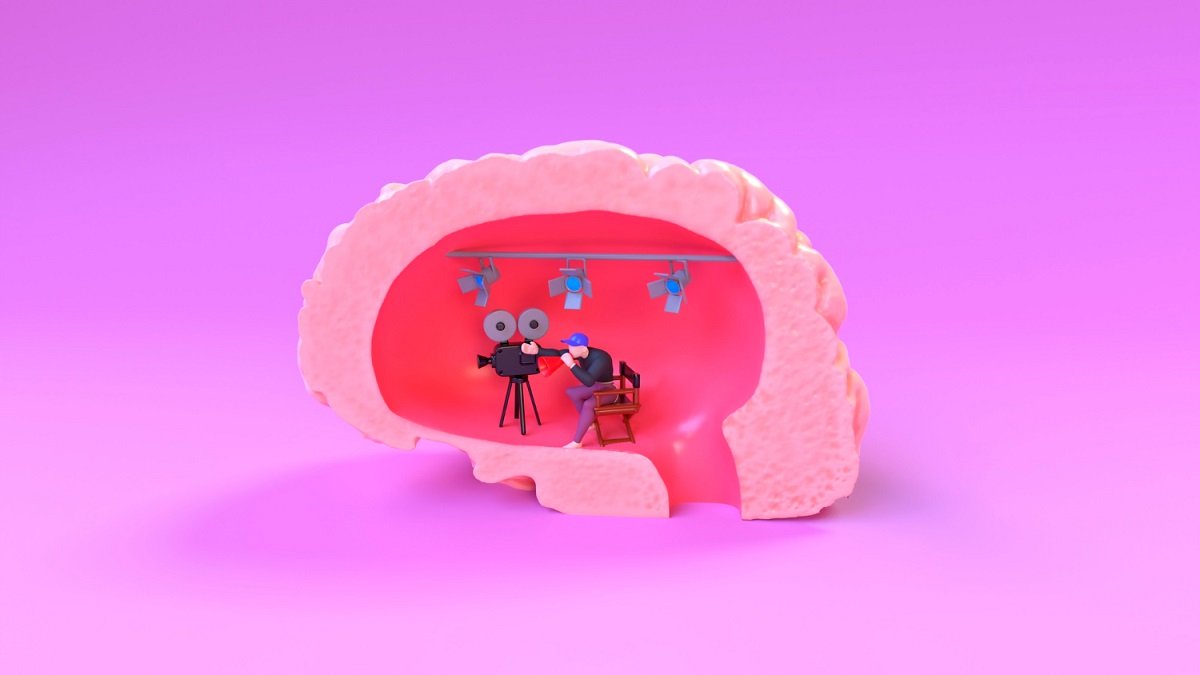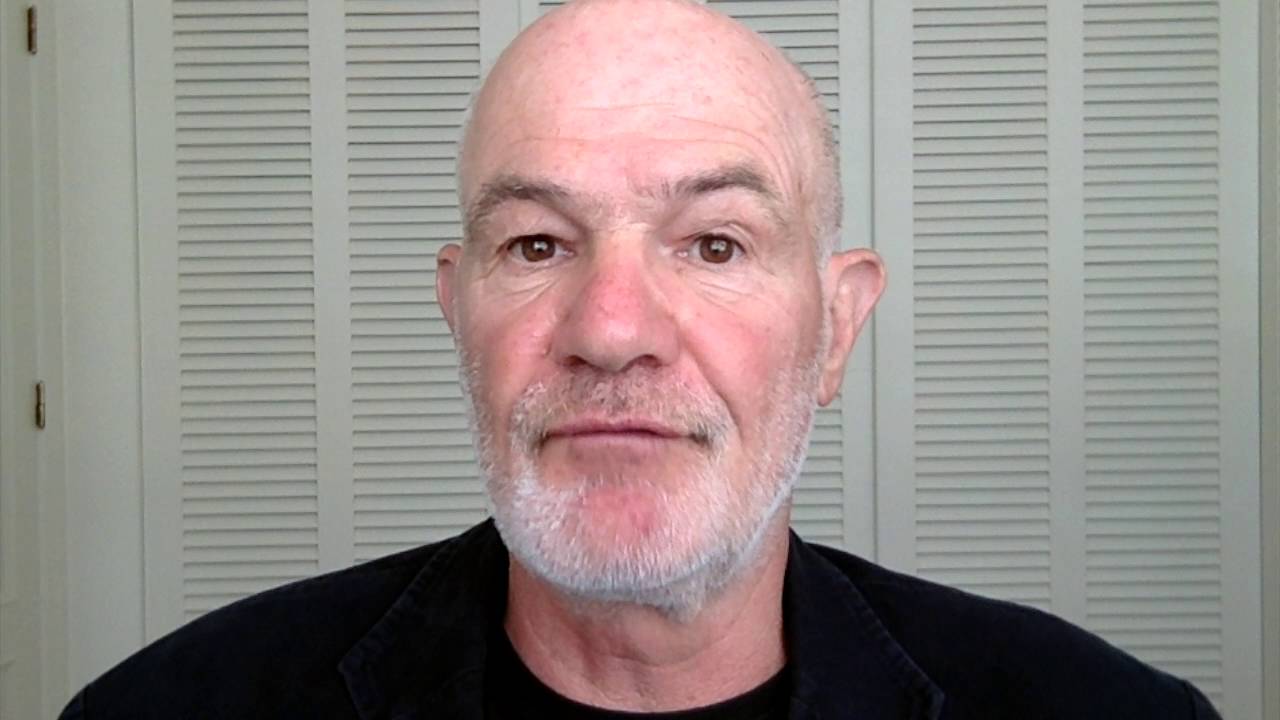
Jul
Creativity is Our Greatest Gift
Is creativity the answer or just another problem?
In my last blog about instinct the overarching message was somewhat depressing. I wrote,
‘Is it really true that we have so little freedom of thought to show for our evolutionary development as the most intelligent of all species? If so then this is a sad indictment of our progress to date. Unfortunately there are many current examples of depraved human behaviour in our so-called civilised world to support this hypothesis.’
I also finished the article with a brave promise based more on hope than expectation that I would conclude this series of articles on a high note.
This mission was even more difficult than I expected it to be, but I do have some additional thoughts for your consideration.
I concluded that the main quality that separates us from all other species is our gift of creativity. As usual it proved to be a far more interesting and surprising subject than I had imagined.
Tips to Ignite More Creativity in Our Lives
The first surprise was that the concept of creativity did not exist until the Renaissance period. Previously many religions and philosophies considered creativity to be of divine inspiration, and not arising within the individual. So what is the the creative process?
There are many definitions and theories but the one that resonated most strongly with me was published by Graham Wallas in 1926. He proposed five steps required for original thought.
Preparation – initial research and scoping of the problem.
Incubation – the problem is internalised into the unconscious mind and to the casual observer it would appear as if nothing is happening.
Intimation – this might be a gut feeling or some other intuition that a solution is developing.
Illumination – the creative idea bursts into the conscious mind, which is sometimes called a mind pop, or an epiphany moment.
Verification – where the idea is subjected to rigorous experiments, further development, and finally applied to real life situations.
Mihaly Csikszentmihályi is recognised as the creator of the flow concept, and considered the incubation period as of critical importance. Incubation of ideas can only be performed by the unconscious mind, and any interference from the conscious mind will only delay or destroy the incubation period.
This is another example of how people so often get in their own way, as William Shakespeare wrote,
‘Our doubts are traitors, and make us lose the good we oft might win, by fearing to attempt.’
So what are the characteristics of creative people? Specifically what can we do to be more creative, and what difference would it make to our life and others?
The first question is the easiest to answer because it is a subject of so much research. Creative people have open minds, are prepared to explore unconventional ideas and are more in contact with their intuition than less creative people.
Positive emotions such as joy, love and curiosity positively reinforce creativity. Not surprisingly conditions such as depression and anxiety inhibit creativity.
Creative people are highly motivated. Motivation is a huge subject in its own right, and is divided into either intrinsic or extrinsic.
Intrinsic motivation is abstract and strongly related to desires and hopes. Extrinsic motivation is a drive for more concrete rewards, such as fame and fortune. Although both forms of motivation can lead to creativity it is intrinsic motivation that is by far the most powerful. Extrinsic motivation can be a source of additional pressure on performance and can therefore be extremely damaging.
Whilst it is true that creative people find flow and therefore happiness in their lives, it is also true that some creative people find exactly the opposite. Writers and artists our statistically at greater risk of anxiety, bipolar disorders substance abuse, and suicide. Ernest Hemingway and Virginia Woolf are just two examples, and it is difficult to explain this paradox.
So now to return to the outstanding questions of what you can do to be more creative, and what difference would it make to your life and others?
My suggestion is that you find as many flow experiences in your life as you can. These are activities that are intrinsically satisfying, and you will probably already know what they are.
If you are lucky your job will provide flow, but unfortunately many jobs are boring and serve only to pay the bills. So try to find flow in other areas of your life, perhaps with your family, sport and other leisure activities. They can be trivial or important. It does not matter. The flow experience is what counts. Find an activity that is deeply absorbing, where time ceases to exist, and where for once the ego is quiet. In other words find more ways to live in the moment, where you are more closely connected to your unconscious mind than at any other time.
What difference would it make to our society if those in charge of other peoples’ lives could also introduce more flow experiences to others?
What difference would it make to our prisons, schools, hospitals,workplaces and other institutions? It just might make the world a better place. This is my answer to the rather ambitious promise I made in my last blog to find a positive message to conclude this series of articles about the power of our mind.
You will judge whether I delivered this promise, or not. I welcome your comments as usual. I also wish you every possible flow experience in your life, and all of the rewards that just might follow.




No Comments